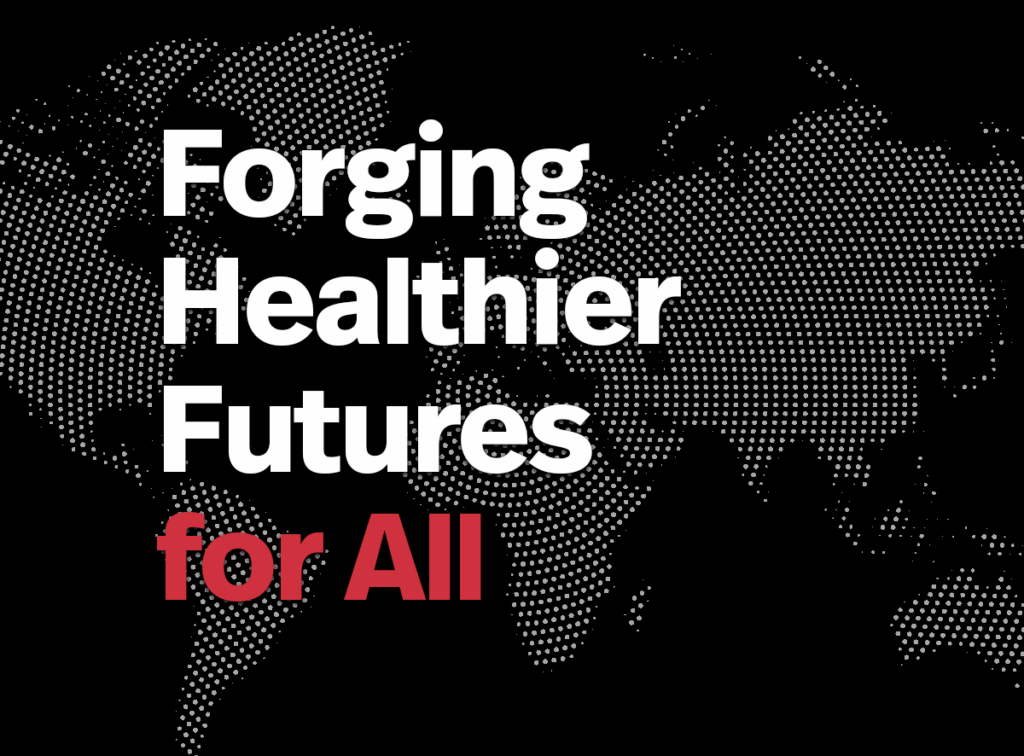
If you are passionate about topics like health policy, health technology and informatics, mental health, local health, environmental health, and public health leadership and advocacy, Northeastern University’s Master of Public Health (MPH) program is right for you.
Through innovation in experiential education, research, and service, the MPH program trains diverse and skilled professionals who promote and protect the health of all communities.
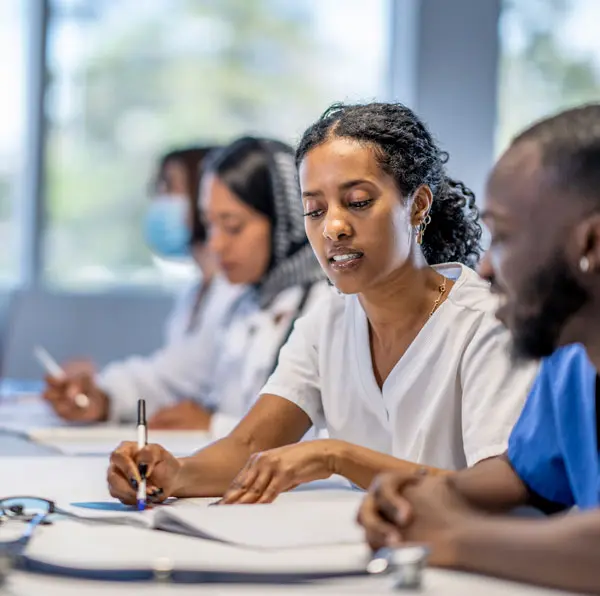
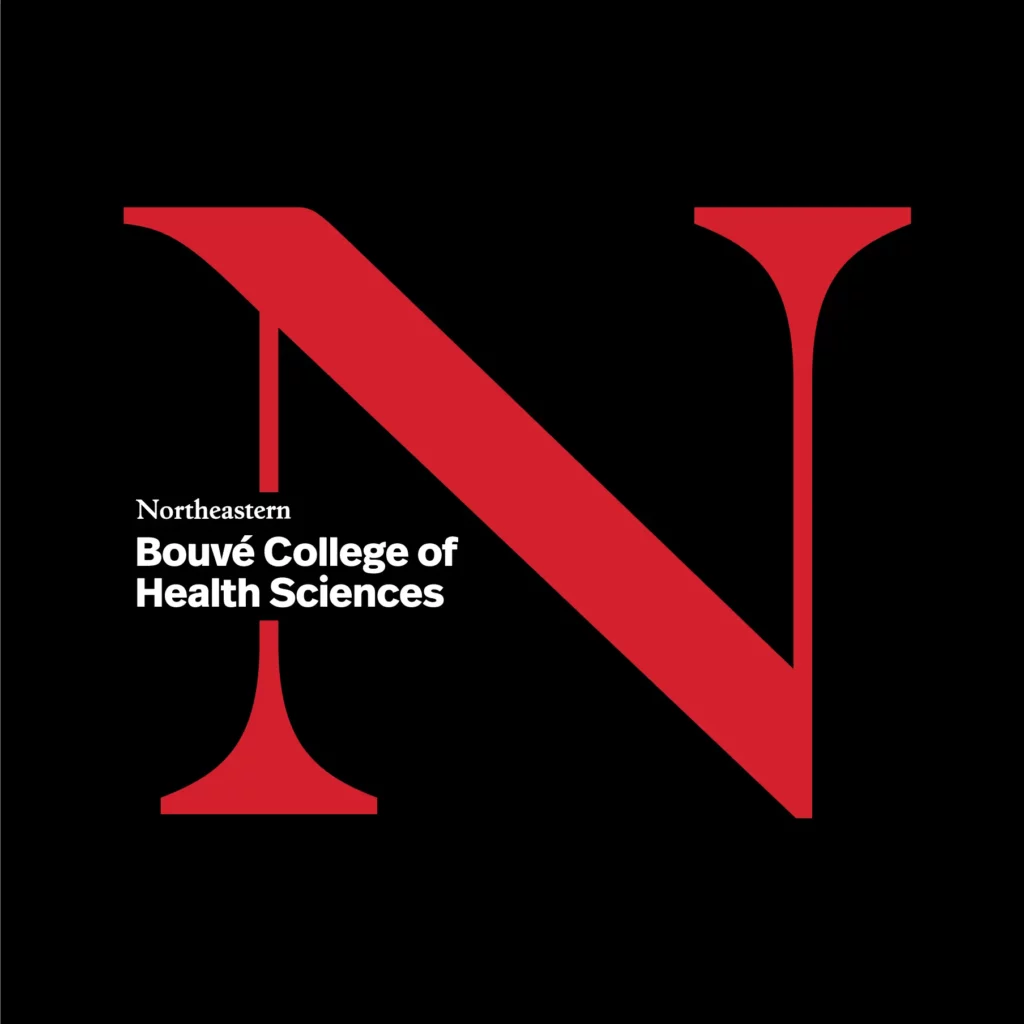
“Northeastern gave me important practical skills in research, presenting, academic writing, program development, and motivational interviewing that I still use in my current work.”
Graduates with an MPH degree are employed in a number of varied professional settings including:
Our graduates have both the technical expertise to address specific urban health issues as well as the strategic and cultural competency needed to interact effectively with and be advocates for diverse urban populations.
Completing your public health training at Northeastern University affords the opportunity to learn from and work with urban public health professionals striving to improve the health of individuals, families, and communities in the Greater Boston area and beyond.
Degree type:
– Master’s in Public Health (MPH)
Study options:
– On-ground (Boston Campus), online,
or hybrid
– Full-time or part-time
Application deadlines:
Fall — July 12
Spring — December 5
(See more details below.)
Cost: 42 semester credits
Cost of tuition per credit
GRE: Not required
Time: Typically 2 years of full-time study
F1: Eligible
Our MPH Program is a professional (non-thesis) master’s degree program offered by the Bouvé College of Health Sciences Department of Health Sciences. Academic rigor and competency-based education in a supportive and engaging learning environment rooted in the social determinants of health, is a hallmark of our program.
The curriculum meets the Council on Education in Public Health (CEPH) accreditation requirements.
We currently offer one concentration, which is Social Determinants of Health.
Students may enroll in the MPH program on a part-time (1 to 2 courses per semester) or full-time (4 courses per semester) basis. In general, the curriculum requires two years of full-time study to complete, but can be completed in up to five years, if done on a part-time basis.
The on-campus versions of the 9 core Public Health and Social Determinants of Health courses meet once a week and are taught from 5 to 7:30 p.m. Monday through Thursday, facilitating enrollment for students who work full- or part-time.
Various electives are also offered during the evening, the summer, as intensive courses, or in hybrid on-campus/online formats. Curriculum is subject to change.

Learn more about how you can solve the complex problems facing complex environments.
All MPH degree candidates must complete a total of 42 credits consisting of:
Rapid urbanization worldwide drives the need for innovative public health approaches that take into careful account the unique characteristics, challenges, and opportunities that exist in urban environments.
The Master of Public Health Program’s concentration in Social Determinants of Health has been developed specifically to meet the growing demand for public health professionals who have the ability to navigate the complex issues inherent to the urban context.
One of the few of its kind, our program brings together interdisciplinary faculty with expertise in working with diverse urban populations and builds upon Northeastern’s rich history of community engagement to provide students with the experience and skills needed to address urban public health issues.
With a focus on racial and ethnic health disparities, students examine how the characteristics of the urban environment can affect health and well-being. Sample topics include:
We are committed to building an effective and diverse public health workforce. Our students are motivated by the urgent need to address the inequities in health that burden urban populations, both within the United States and abroad. Graduates from our program have both the technical expertise to handle complex urban health problems, as well as the cultural sensitivity to interact effectively with and advocate for diverse urban populations.


Learn more about the responsibilities and challenges of working in urban public health.
The MPH Program accepts students for entry in both the Fall and the Spring.
Specific details are outlined below.
| Fall Entry | Spring Entry | |
|---|---|---|
| Applicants accepted | On-campus and online: Domestic and International | – On-campus: Domestic only – Online: Domestic and International |
| Delivery options | – Hybrid on-campus/online – 100 percent online | – Hybrid on-campus/online – 100 percent online |
| Student status | Full-time and part-time | Full-time and part-time |
* The Admissions Committee reviews applications on a rolling basis and recommends applicants interested in merit-based scholarships and financial aid submit by the February 1 priority deadline. However, all completed applications received by the final deadline will be considered for merit-based scholarships as they are available.
International students who need to change their visa status to F1 should also submit by the February 1 priority deadline.
The application process for the hybrid on campus/online program and the 100 percent online program are the same. Select your preferred term and delivery option when applying via SOPHAS. Please note that international students holding study visas must take classes on-site.
Those applicants interested in applying for the dual HINF/MPH program should select their preferred program option in SOPHAS. Do not apply to both programs separately.
Other dual degree program applicants (eg, BS/MPH; JD/MPH; PA/MPH; Direct Entry PharmD/MPH, Undergraduate PharmD/MPH) apply via a separate application system; please visit those programs’ websites for more information.
To apply, applicants must also have the following:
Bachelor of Arts or Bachelor of Science from an accredited university
A GPA of at least 3.0 or higher
Completed SOPHAS application
Three letters of recommendation (academic and professional)
Official transcript from baccalaureate program and all college coursework
Personal statement
International students: TOEFL
All applicants must apply via the SOPHAS application system:
We welcome any questions you might have about our program. Please feel free to send general program inquiries and admissions-related questions to our email below.



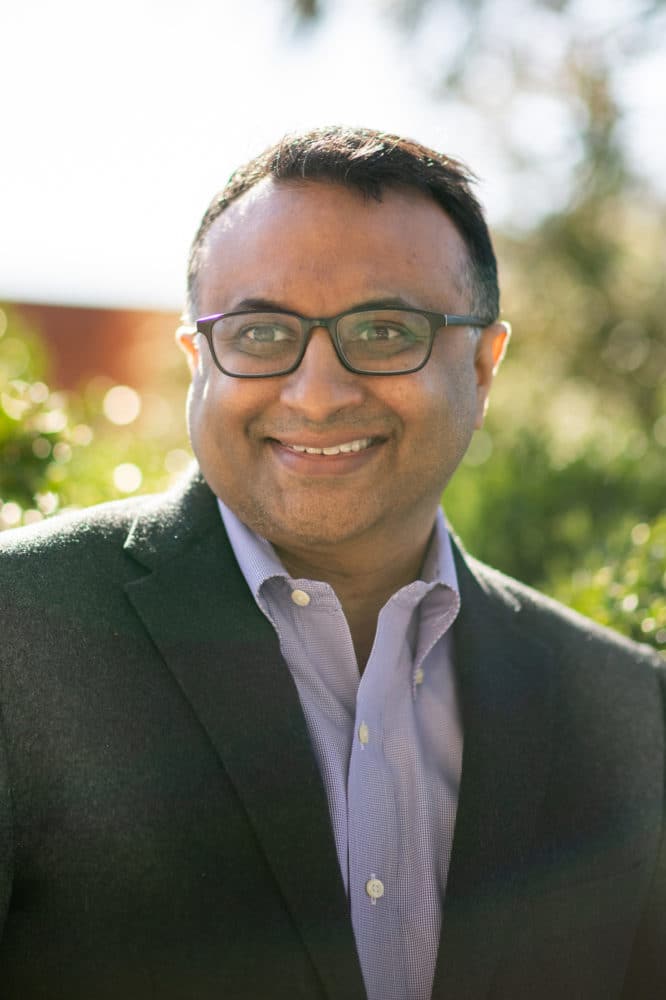
Dr. Maniar is a Professor of Practice and the Director of the Master of Public Health (MPH) program at Northeastern University. Prior to this, he was the Vice President of Health Systems at the American Cancer Society’s New England Division, overseeing cancer control efforts across the region.
Program DIRECTOR
Accredited by the Council on Education for Public Health
The MPH Program’s latest CEPH Accreditation Self Study Document and CEPH Accreditation Final Report are available upon request. Please email [email protected].
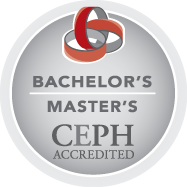
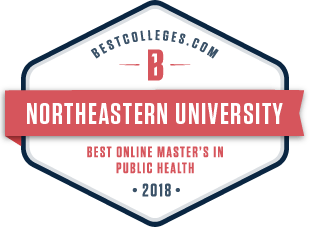
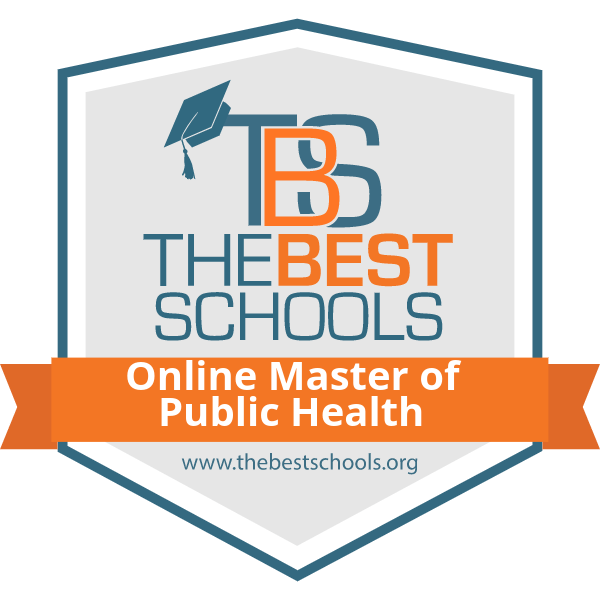
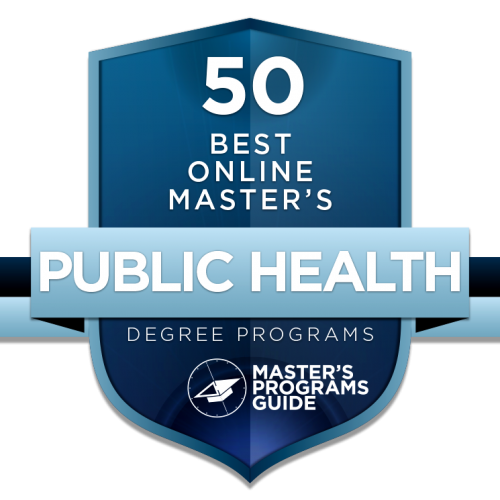
The MPH Program has identified the following core public health and urban health competencies, which guide all program activities:
The MPH Program has one area of specialization, which is “Urban Health”. The specific competencies selected for this specialization mirror the general competencies that guide the entire program but have been amended to take into account the health of urban populations:
All graduates fulfill the competencies that guide the MPH Program.
Graduates from our MPH Program have both the technical expertise to address specific urban health issues as well as the strategic and cultural competencies
needed to interact effectively with and be an advocate for diverse urban populations. Completing your public health training at Northeastern University affords the opportunity to learn from and work with urban public health professionals striving to improve the health of individuals, families, and communities in the Greater Boston area and beyond.
Graduates with an MPH degree are employed in number of varied professional settings including:
There are a number of online resources with open positions for individuals beginning or continuing their careers in public health. A few are listed below:
The program is 42 semester credits. For up-to-date information regarding Northeastern University tuition per credit, please refer to the University’s tuition page. Tuition is the same for on-campus and online-only students, as well as for domestic and international students.
The MPH Program offers a limited number of merit-based scholarships to qualified students.
Tuition scholarship subject to the following guidelines:
The Double Husky Scholarship helps Northeastern alums returning to the institution to earn their graduate degrees by providing a tuition discount of 25 percent. Alums are automatically considered for the scholarship when they apply to the MPH Program.
Full-time students and part-time students starting in Fall 2014 and beyond are eligible. If students receive other grants or scholarships from Northeastern, the award of higher value will be given.
The Full Circle Scholarship offers a 25% tuition discount to graduate applicants who embody Northeastern University’s values of experiential and global learning. If you have completed a term of service with the Peace Corps, AmeriCorps, Teach for America, or have spent 1-year abroad volunteering or teaching English Language Learners (ELL), you are likely eligible.
If you’d like to apply for the Full Circle Scholarship, please include in your SOPHAS application a letter from your director, supervisor or program manager on organizational letterhead verifying your service. If you are an Overseas ESL Teacher or Volunteer you may submit your contract showing your term of service.
This fellowship provides graduate students with valuable opportunities to gain hands-on experience working on urban health research studies, learn about preparation of grant applications, attend research seminars, receive mentoring from experienced researchers, and meet local and national experts in the field. To date, the Institute on Urban Health Research and Practice (IUHRP) has funded 25 fellowships (2 undergraduates and 23 graduate students) in its Student Research Fellowship Program.
Some of these student fellows have had multiple year awards. Student Fellows are assigned to an ongoing research project at the IUHRP through which they receive training in: data management, coding, and analyses; conducting critical literature reviews; grant writing; preparation of manuscripts and presentations; and field data collection. For further information please visit the Institute for Health Equity and Social Justice’s website.
The Graduate Achievement Award is a competitive scholarship that recognizes talented and motivated applicants who are seeking to earn their Master of Public Health in Urban Health. Recipients of this award are given a 15% tuition discount for the duration of their time in the program.
These scholarships provide a predetermined tuition discount by awarding students a specific number of graduate semester hours in free tuition (typically MPH students are given awards that cover four to six credits). There is no work requirement, and applicants are automatically considered for this scholarship. Nothing additional, besides a completed application, is needed.
The Lifetime Learning Membership allows parents and siblings of full-time undergraduate day students to return to school and receive a 25 percent tuition discount. In order to be considered, MPH applicants should email to Alison Gillis, the MPH Program Manager at [email protected], the Northeastern University ID number of your son, daughter, or sibling (who must be currently enrolled at Northeastern as a full-time undergraduate day student) at the time of your application.
The Dr. Martin Luther King, Jr., Graduate Fellowship Program provides up to nine graduate student scholarships each year, covering full tuition and general fees for the student’s graduate program. The Program is administered by the John D. O’Bryant African-American Institute.
Dr. Martin Luther King, Jr. was an accomplished scholar who exemplified the utmost qualities of leadership. In keeping with the high standards exemplified by Dr. King, recipients of the Dr. Martin Luther King, Jr., Graduate Fellowship should be of African origin, demonstrate high standards of leadership, and have a record of community service.
The Professional Advancement Award is a competitive scholarship that recognizes the talent and experience of select applicants to advance the field of public health with a focus on improving the health of urban communities. Recipients of this award are given a 25% tuition discount for the duration of their time in the program.
Federal financial aid and institutional scholarships may be available to qualified students. The Office of Student Financial Services provides the most up-to-date information and recommends that every student consider applying for financial aid, regardless of his/her income and assets. You may also call 617.373.5899 or email [email protected].
We also encourage you to visit the Association of Schools and Programs of Public Health webpage, Financing Your Degree, for more information.
The MPH Program does not place a cap on the number of qualified applicants it accepts. Typically, it enrolls approximately 30 to 40 new students each year.
We value small class sizes so that students are able to receive personal attention and have opportunities to learn in interactive, rigorous, and supportive learning environments.
For an overview of the curricular policies that guide our program, please consult the Bouvé College of Health Sciences Graduate Handbook.
No, the MPH Program is not considered a STEM program
If you would like to take a class in the MPH Program without officially enrolling, you may register as a Special Student at Bouvé College of Health Sciences. You may complete up to 12 credits of MPH core courses and then apply to the program.